Nestlé targets status as a leader in coffee exports and net-zero goals
The NESCAFÉ Plan has been active across Vietnam’s Central Highlands for over 13 years, significantly improving coffee farmers’ livelihoods. What’s next for Nestlé Vietnam?
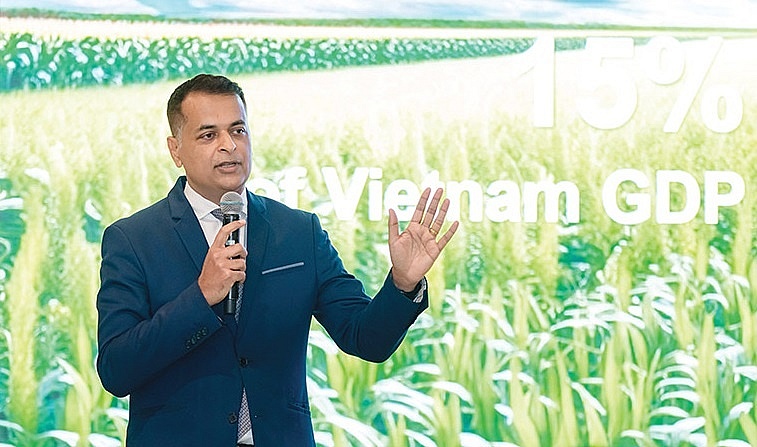 |
| Nestlé Vietnam chairman and CEO Binu Jacob |
So far, the NESCAFÉ Plan has rejuvenated over 74,000 hectares of coffee farms by providing disease-resistant plantlets and promoting regenerative farming practices. Moving forward, we aim to go further by introducing traceability at the farm level.
This will allow us to identify and source coffee directly from specific farms to our factories. To support this, we’re investing substantially in processing capacity here in Vietnam, ensuring that locally grown coffee is added value before export, strengthening its impact on both the local and global markets.
Beyond enhancing the quality of life for farmers and coffee communities, why does Nestlé emphasise regenerative agriculture in coffee production, and how does it reduce emissions and promote sustainable coffee production?
We commit to reach net-zero emissions by 2050, and regenerative agriculture is essential to that mission. If well managed, it not only reduces greenhouse gases (GHGs) but can actually reverse emissions by capturing carbon in the soil. This approach enhances farmers’ livelihoods while positively impacting the planet, creating a sustainable agricultural model for the future.
15 years ago, coffee farms in Vietnam’s Central Highlands were largely monocultural, with vast areas devoted solely to coffee. Today, we’re promoting a more diverse approach with multi-cropping systems. Alongside coffee, farmers are cultivating forest trees, pepper, and avocado, while also using natural pest control, conserving water, and repurposing dried coffee leaves as organic mulch.
This approach enhances biodiversity and reduces pesticide use and enriches the soil, creating a more sustainable farming model that benefits both farmers and the environment.
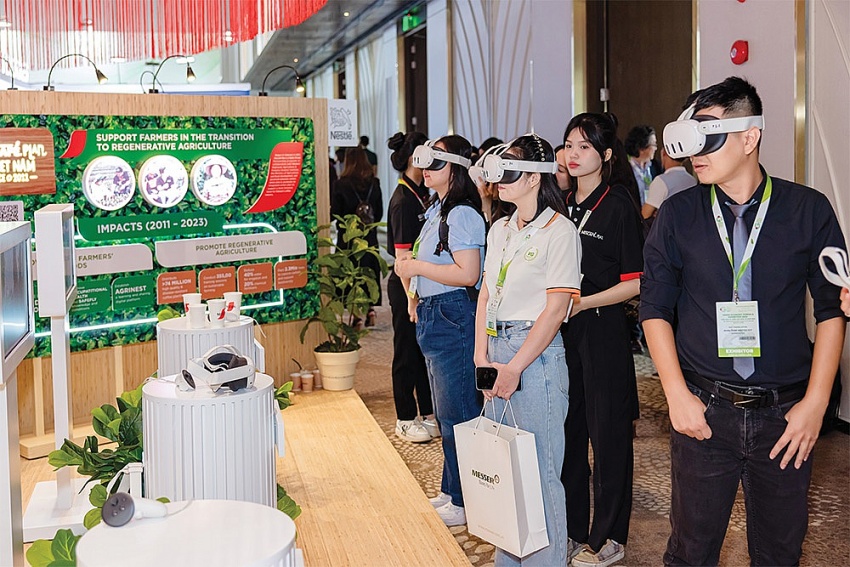 |
Vietnam has a goal to increase coffee exports to $6 billion by 2030. What role does Nestlé play in this national ambition?
Currently, Nestlé purchases around 20 per cent of Vietnam’s coffee production. We plan to continue at this scale, partly because Vietnamese farmers are among the world’s most productive.
By investing in Vietnam’s coffee sector, we’re not only supporting the country’s export goals but also ensuring our supply chain remains strong with high-quality coffee.
What key initiatives has Nestlé presented at the Green Economy Forum and Exhibition (GEFE) 2024?
This year’s GEFE is bigger than ever, with a record number of companies and countries participating. For the first time, Switzerland, Nestlé’s home country, is heavily represented, highlighting the forum’s growing importance.
With the Deputy Prime Minister attending, it reinforces GEFE’s significance as a platform for collaboration. European companies here are setting a high standard - committing to net-zero goals and leading as models for other businesses in Vietnam to follow.
This year, we decided to spotlight regenerative agriculture. Agriculture often receives less attention compared to high-tech sectors like renewable energy, despite its significant potential to impact emissions. In Vietnam, agriculture accounts for one-third of GHG emissions, yet it lacks breakthrough technologies seen in other industries.
Regenerative agriculture, however, offers a powerful solution by bringing us back to basics to cut and even reverse emissions. Our role is to champion this message and help others understand that sustainable farming can make a substantial difference.
| During the Sustainable Food and Agriculture session at GEFE 2024 hosted by the European Chamber of Commerce in Vietnam last week, Nestlé Vietnam presented its efforts to elevate the value of Vietnamese coffee beans. Over nearly three decades, the Tri An factory, one of Nestlé’s most advanced processing facilities, has emerged as a coffee production hub, producing both well-known domestic brands and exports reaching 30 countries, including high-standard markets like the US, Europe, South Korea, and Japan. At the event, attendees could explore the NESCAFÉ Plan farm and Tri An factory through VR360 technology, experiencing sustainable coffee farming practices and the transformation from coffee bean to high-value products preferred by both local and international consumers. Nestlé Vietnam, as vice chair of the Green Growth Subcommittee, took the lead at GEFE 2024 in coordinating discussions on the circular economy, covering topics like extended producer responsibility, recycling-centric design, and green value chain visions. This year’s GEFE aimed to drive forward sustainable development policies, including the national circular economy agenda, energy transition, and climate risk management, while pioneering companies committed to sustainability initiatives and targets also attended. |
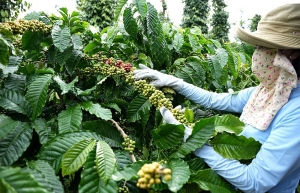 | Nestlé supports farmers to advance regenerative agriculture More than one-third of global anthropogenic greenhouse gas (GHG) emissions come from agriculture, and the sector also accounts for 70 per cent of global freshwater withdrawals. Therefore, transitioning from traditional farming methods to low-emission, regenerative agriculture is considered one of the most important solutions to respond to climate change and contribute to the development of sustainable food systems. |
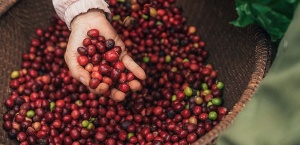 | Nescafé report shows increased uptake on regenerative agriculture, higher productivity and reduced GHG emissions Nescafé, Nestlé's largest coffee brand and one of the world's favourite coffees, published its second Nescafé Plan 2030 Progress Report today. The report shows the increased adoption of regenerative agriculture practices, contributing to improved farm yield, and reduced greenhouse gas (GHG) emissions. |
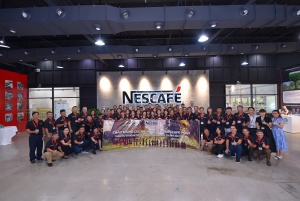 | Coffee farmers tour Nestlé's Tri An factory Nestlé provided an educational tour of the company's Tri An factory on September 12 for Vietnamese coffee farmers to gain insight into new processing methods that can enhance the value of their crop. |
What the stars mean:
★ Poor ★ ★ Promising ★★★ Good ★★★★ Very good ★★★★★ Exceptional
Related Contents
Latest News
More News
- Masan Consumer names new deputy CEO to drive foods and beverages growth (February 23, 2026 | 20:52)
- Myriad risks ahead, but ones Vietnam can confront (February 20, 2026 | 15:02)
- Vietnam making the leap into AI and semiconductors (February 20, 2026 | 09:37)
- Funding must be activated for semiconductor success (February 20, 2026 | 09:20)
- Resilience as new benchmark for smarter infrastructure (February 19, 2026 | 20:35)
- A golden time to shine within ASEAN (February 19, 2026 | 20:22)
- Vietnam’s pivotal year for advancing sustainability (February 19, 2026 | 08:44)
- Strengthening the core role of industry and trade (February 19, 2026 | 08:35)
- Future orientations for healthcare improvements (February 19, 2026 | 08:29)
- Infrastructure orientations suitable for a new chapter (February 19, 2026 | 08:15)

 Tag:
Tag:



















 Mobile Version
Mobile Version